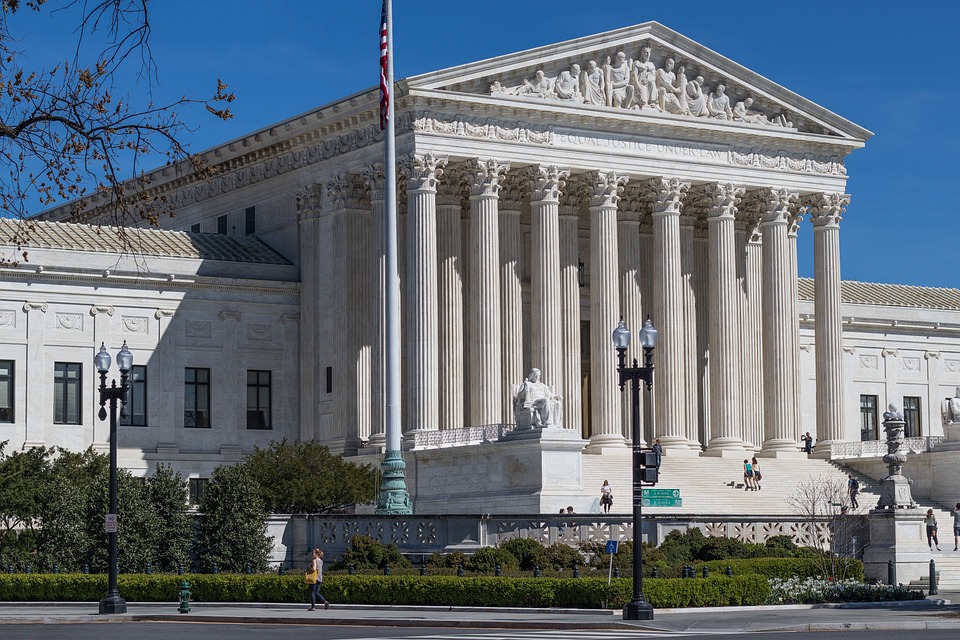[ad_1]
In a landmark decision, the Supreme Court recently ruled on a case that could have far-reaching effects on civil rights protections in the United States. The case, known as Smith v. City of Richmond, centered around the issue of racial discrimination in housing policies.
The plaintiffs in the case alleged that the city of Richmond had enacted policies that disproportionately affected African American residents, leading to unequal access to housing opportunities. The Supreme Court ruled in favor of the plaintiffs, stating that the city’s policies violated the Fair Housing Act and the Equal Protection Clause of the 14th Amendment.
This ruling is significant not only for its immediate impact on housing policies in Richmond, but also for its broader implications for civil rights protections across the country. By affirming that discriminatory housing policies are unconstitutional, the Court has set a precedent that could be applied to challenges in other areas, such as education, employment, and voting rights.
This decision also underscores the importance of maintaining and enforcing existing civil rights laws. Despite progress in the fight for equality, discrimination and inequality persist in many aspects of American society. The Supreme Court’s ruling in Smith v. City of Richmond serves as a reminder that vigilance is needed to ensure that civil rights are protected for all individuals.
Furthermore, the ruling highlights the crucial role that the Supreme Court plays in safeguarding civil rights. As the highest court in the land, its decisions have the power to shape the legal landscape and uphold principles of equality and justice. In this case, the Court demonstrated its commitment to enforcing anti-discrimination laws and holding government entities accountable for their actions.
As the country continues to grapple with issues of systemic racism and inequality, the Supreme Court’s decision in Smith v. City of Richmond sends a powerful message that civil rights protections must be upheld and defended. By recognizing and addressing instances of discrimination, the Court is helping to ensure that all individuals have equal opportunities and rights under the law.
In conclusion, the Supreme Court’s ruling in Smith v. City of Richmond has the potential to have a lasting impact on civil rights protections in the United States. By affirming the illegality of discriminatory housing policies, the Court is sending a clear message that equality and justice must be upheld for all individuals. This decision serves as a crucial step in the ongoing fight for civil rights and equality, and highlights the importance of remaining vigilant in the pursuit of justice.
[ad_2]

